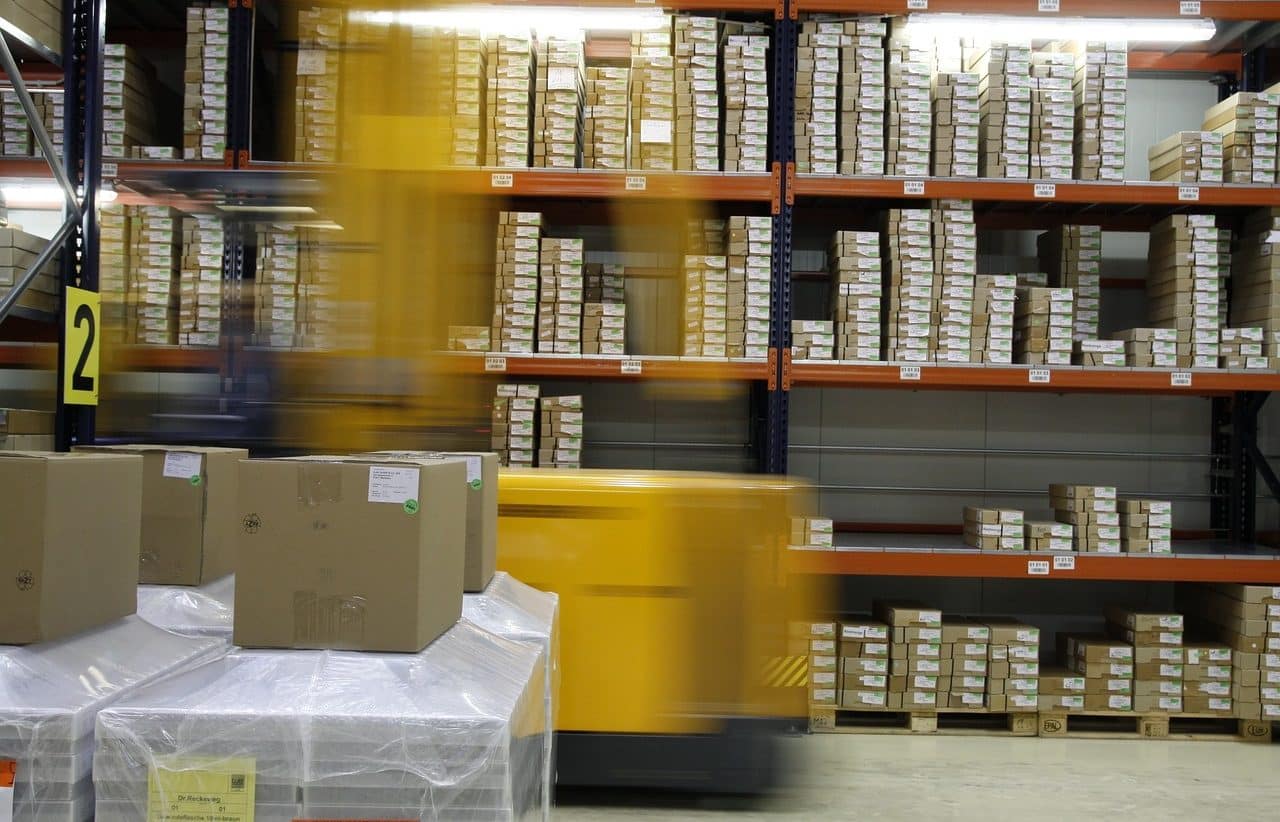
A warehouse can be a warehouse.
A warehouse is a space intended for the storage and/or marketing of merchandise . Depending on the geographic region and context , the term can refer to different types of establishments.
For example: "I'm going to the warehouse to buy noodles, I'll be back in a few minutes," "The company announced that it will increase the capacity of its warehouse in Santa Marta," "The government is concerned about the security of the military warehouse."
Warehouse as a deposit
In some countries , a warehouse is a place used to store goods . In this case, warehouses are part of the supply chain , serving as a warehouse before the goods are taken to their destination. There are also warehouses where spare parts, machinery and supplies of different kinds are stored.
In these warehouses, which are found in factories and stores of various sectors, the following processes usually occur:
- Reception of the merchandise to be stored . At this point it is essential that the people in charge know in advance that they will receive a shipment, and know in detail its content, which they must control before signing to complete the procedure .
- Placing the items on the corresponding pallet racking , a metal structure intended for the storage of merchandise located on a plastic or wooden frame, among other materials, called a pallet . The order of the merchandise cannot be arbitrary, but must respond to a previously established organization so that all employees who have access to the warehouse can find it quickly.
- Order preparation . This is also known as picking , in English, and is the step that tests the degree of attention that has been paid to the placement.
- Expedition : the last essential process within a warehouse, since the goods arrive to be claimed sooner or later. Here the work of the warehouse managers is articulated with that of the transporters, who may or may not belong to the same company.

In Latin American countries, a warehouse is a retail store that offers food and other essential products.
Retail stores
For Latin Americans, warehouses are stores intended for retail sales of essential products , especially food. In this case, a warehouse is similar to a market , although with smaller dimensions and a smaller variety of products available to buyers.
These stores can be self-service (the consumer takes the products they want and then pays for them when they reach the checkout) or have a seller (the storekeeper ) who is in charge of delivering the products to the buyer.
Towards the end of the 90s, small independent stores and many other businesses, such as video stores and clothing stores, began to suffer from the inevitable international expansion of large chains . While consumers can find many benefits in having access to many products and services at affordable prices, little by little globalization has been dulling the shine of each city, replacing it with a marquee recognizable throughout the world.
Department store
Businesses that have multiple merchandise of different kinds and that have a large surface area are called department stores or department stores . People, in these places, can buy everything from food to clothing, decorative objects and appliances. Typically, department stores belong to the same company , unlike shopping centers made up of many stores from different companies.
Some department stores offer a very pleasant atmosphere, with luxurious facilities and a seemingly inexhaustible variety of products and services, to give their visitors the feeling that they have everything they may need there; However, prices are not usually their strong suit, and that is why bargain hunters continue to prefer specialized stores .
